Presenting Sirens each year is a big job, one that some days is a joy and other days seems like an impossibly long to-do list. While dozens of folks contribute to Sirens in a number of ways—presenting programming, reviewing inventory, sorting supplies—it takes nearly 20 staff working year-round to produce Sirens itself. From budgeting to registration assistance, managing our programming proposal process to developing our systems, these folks contribute thousands of volunteer hours each year, not to mention their energy and expertise, to making sure that Sirens not only happens, but happens in a way that makes us proud.
In most years, you would have the opportunity to meet our team during Sirens itself. Some are visible, like the information desk team that checks you into the conference or the bookstore team that helps you find your next One True Book. Some are less visible, like the audio-visual team moving equipment in the middle of the night or the logistics team working with the hotel catering staff to make sure that everyone can eat safely. But 2020 is certainly not most years and we’ll miss introducing you to our team at Sirens—so we thought we’d introduce you to them online!
The raison d’être of Sirens is its programming: those dozens of hours of bold, brilliant presentations by readers, writers, scholars, librarians, educators, and publishing professionals that make up the heart of the Sirens conference schedule. This programming is not only presented by individuals from a wide variety of vocations, it is presented by individuals from a wide variety of perspectives and identities as well.
This foundational commitment requires that we approach programming selection a bit differently than other conferences and conventions in the speculative space. Our staff does not select programming topics and panelists; instead, we invite everyone interested in presenting as part of Sirens to submit a programming proposal. Then we ask an independent vetting board to review those proposals and select those that will be included in the Sirens schedule that year. Those individuals who proposed the accepted presentations then present them at Sirens.
Each year, our programming team directs this process, from vetting board selection to encouraging proposal submissions, assisting the vetting board in their process of sending out acceptances, administering the programming scholarship awards, setting the programming schedule, communicating all the information that presenters need to be successful at Sirens, and more. This process is crucial both to presenting an interdisciplinary conference and to cultivating a programming schedule reflective of the diversity of the Sirens community—and as you might guess, this process requires individuals who are invested in Sirens’s mission and have the magic to both apply educational theory and manage logistics. And that’s even before you get to the more interactive elements of our programming, such as the writing, art, and craft programs, the fantasy-themed games, and the devilishly clever murder mystery.
So let’s meet the brains behind the Sirens Programming machine—because when you wonder at the bold, brilliant presentations that are the heart of Sirens, this team makes that happen.
Sarah Benoot, Programming Coordinator – Exploratory
A favorite fantasy work: The Girl of Fire and Thorns by Rae Carson
Sarah spends her workdays as an operations specialist for a large broker-dealer, where her degree in media production comes in handy more often than you might expect. She’s been working on conferences since The Witching Hour in 2005, when she found that she liked helping people find new ways to interact with literature enough to volunteer for Phoenix Rising, Terminus, and Sirens as well. Among other interests, she spends a lot of time trying to fit just one more book on her overloaded shelves.
Hallie Tibbetts, Conference Chair and Programming Coordinator – Academic
A favorite fantasy work: Kissing the Witch by Emma Donoghue
Hallie has been involved with Narrate Conferences since its inception in 2006, serving variously as education officer, communications officer, and vice president, along with chairing a number of conferences (including many years of Sirens). She works in editorial at Little, Brown Books for Young Readers on books for children age zero to eighteen, but doesn’t mind if grownups like those stories too.
2020 Vetting Board
As we spotlight our programming team, we also want to feature the work of our independent vetting board. Each year, this group of individuals pools their collective expertise, experience, and wisdom and accepts the difficult task of selecting which programming proposals to include in the Sirens schedule. While the board changes every year, here are the members of the 2020 vetting board:
Kaia Alderson is a fiction author, comics writer, and an e-learning curriculum developer. Her debut historical fiction novel Soldier Girls will be released in 2021. Her comics work has been featured in the Ladies’ Night Anthology series and the International Girl Gang Encyclopedia, which made its debut at the 2017 Angoulême International Comics Festival. She is an alumna of the Hurston/Wright Foundation, Second City, and Voices of Our Nation (VONA) writing workshops.
Alyssa Collins is an assistant professor of English and African American Studies at the University of South Carolina. Her work explores the intersections of race and technology as depicted in 20th century and contemporary African American literature, digital culture, and new media. When she’s not working, she writes about race, superheroes, television, and embodiment around the internet.
Nivair H. Gabriel is a writer, editor, and aerospace engineer. She has presented work on intersectional feminism and indigenous futurist thought at WisCon, the International Conference on the Fantastic in the Arts, the Children’s Literature Association Conference, and Sirens. She reviews children’s and teen fiction for Kirkus Reviews and has also contributed work to Marvels & Tales, io9.com, and two Sirens benefit anthologies. As an editor at Barefoot Books, she edited a handful of critically acclaimed picture books. She received her MA/MFA in Children’s Literature and Writing for Children from Simmons College, and her BS in Aerospace Engineering from the Massachusetts Institute of Technology. When she has any free time, she watches immigrant family sitcoms.
Sharon K. Goetz is a technical product manager at a real estate brokerage. Too fond of textuality for her own good, she has also worked in scholarly textual criticism and web publishing, tested software, documented software, and completed a PhD investigating medieval English chronicles amidst their manuscript contexts. As time permits, she reads widely and plays computer games.
Yoon Ha Lee is the New York Times bestselling author of the middle grade novel Dragon Pearl. His debut novel, Ninefox Gambit, won the Locus Award for best first novel and was a finalist for the Hugo, Nebula, and Clarke awards; its sequels, Raven Stratagem and Revenant Gun, were finalists for the Hugo Award. He is also co-author of the Serial Box space opera The Vela with Becky Chambers, Rivers Solomon, and S. L. Huang. He lives in Louisiana with his family and an extremely lazy cat, and has not yet been eaten by gators.
Suzanne Scott is an Assistant Professor in the Radio-Television-Film department at the University of Texas at Austin. Her most recent book project, Fake Geek Girls: Fandom, Gender, and the Convergence Culture Industry, considers the gendered tensions underpinning the media industry’s embrace of fans as demographic tastemakers, professionals, and promotional partners within convergence culture. Surveying the politics of participation within digitally mediated fan cultures, this book addresses the “mainstreaming” of fan and geek culture over the past decade, how media industries have privileged an androcentric conception of the fan, and the marginalizing effect this has had on female fans. She is also the co-editor of The Routledge Companion to Media Fandom. Her scholarly work has appeared in the journals Transformative Works and Cultures, Cinema Journal, New Media & Society, Participations, Feminist Media Histories, and Critical Studies in Media Communication, as well as numerous anthologies, including Fandom: Identities and Communities in a Mediated World (2nd Edition), How to Watch Television, The Participatory Culture Handbook, and Cylons in America: Critical Studies in Battlestar Galactica.







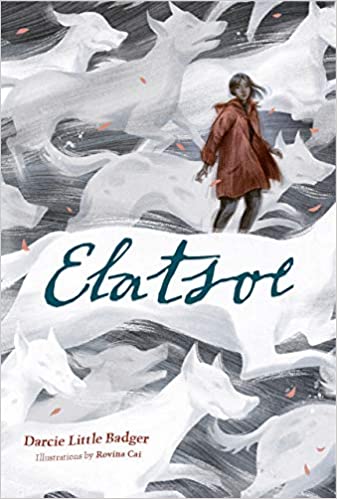
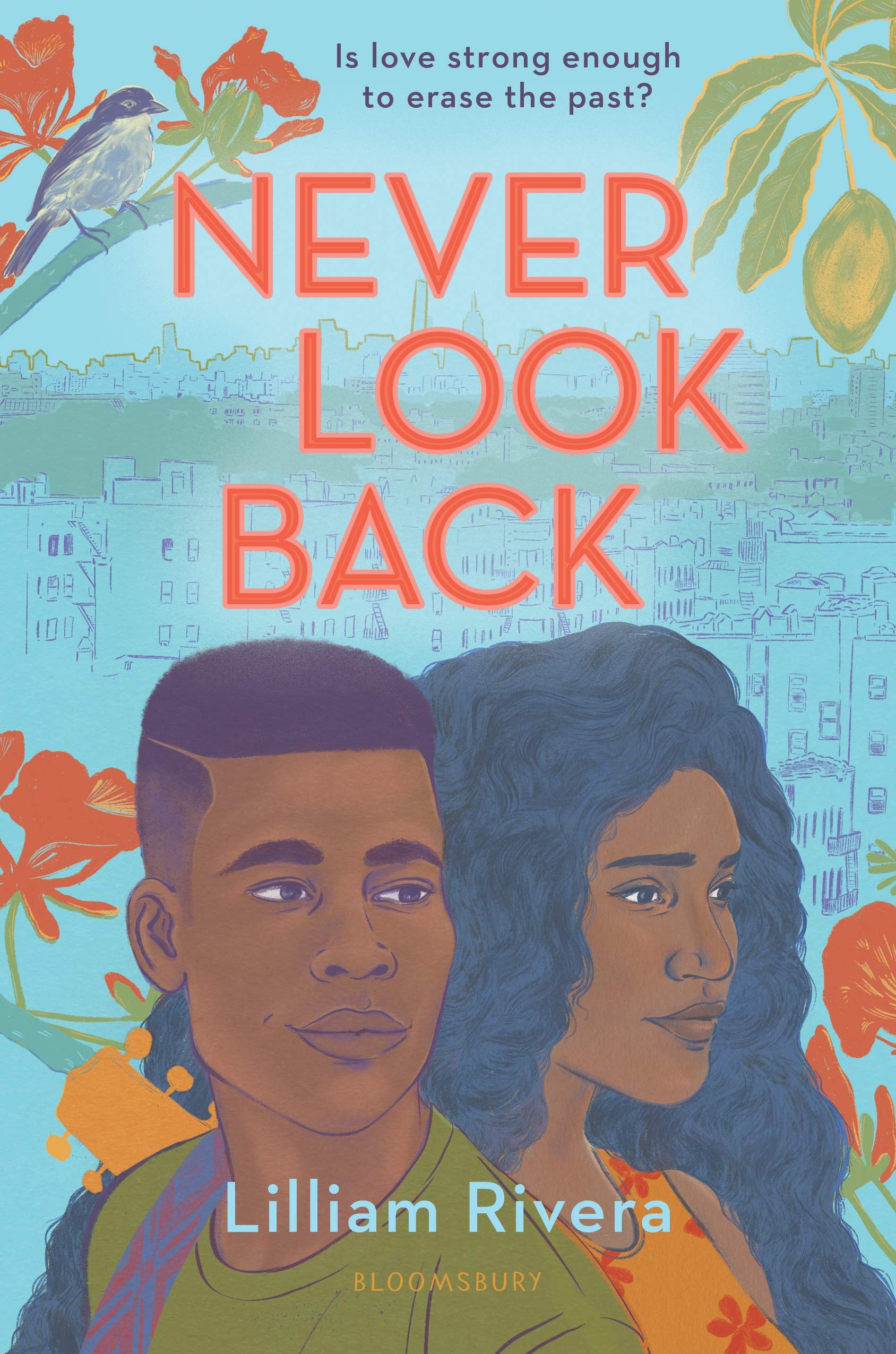


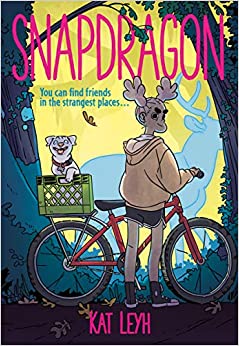
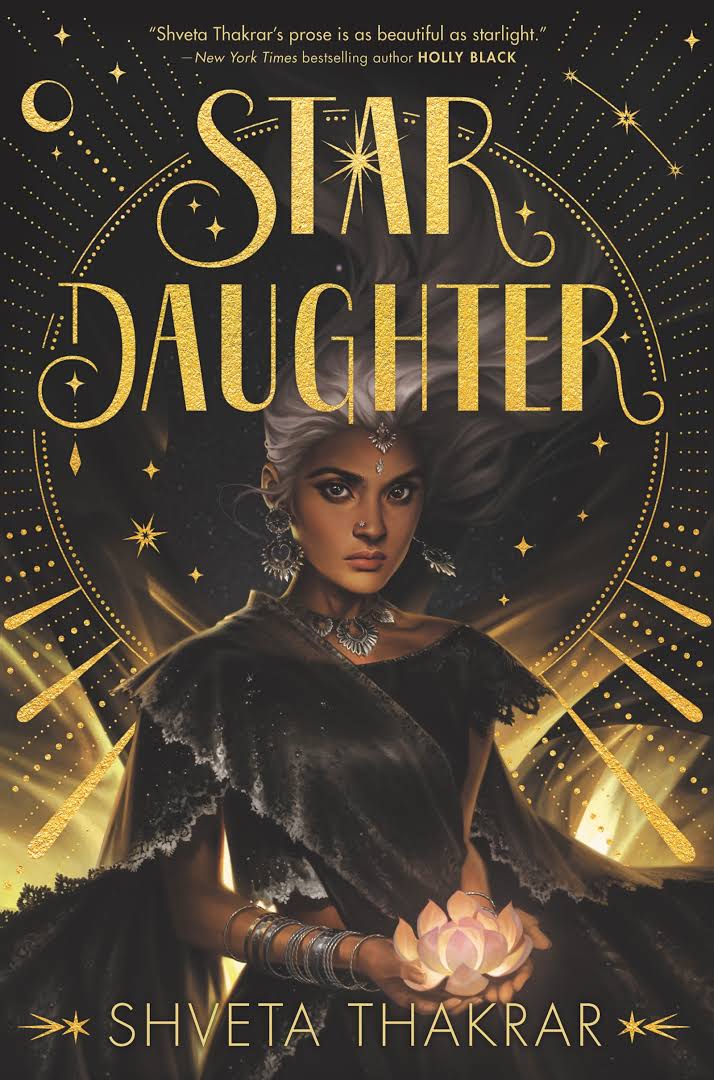
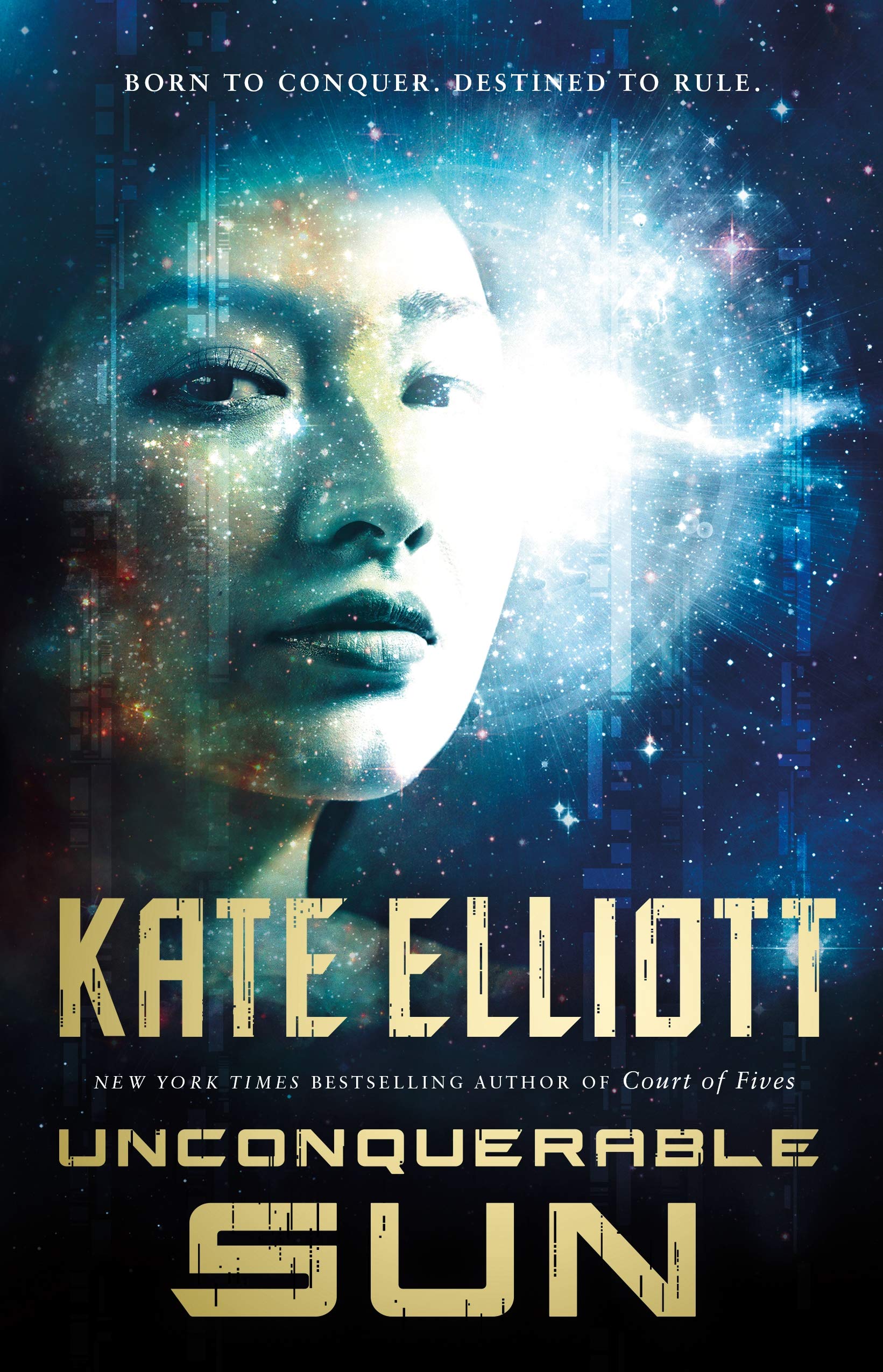



Connect with the Sirens community
Sign up for the Sirens newsletter